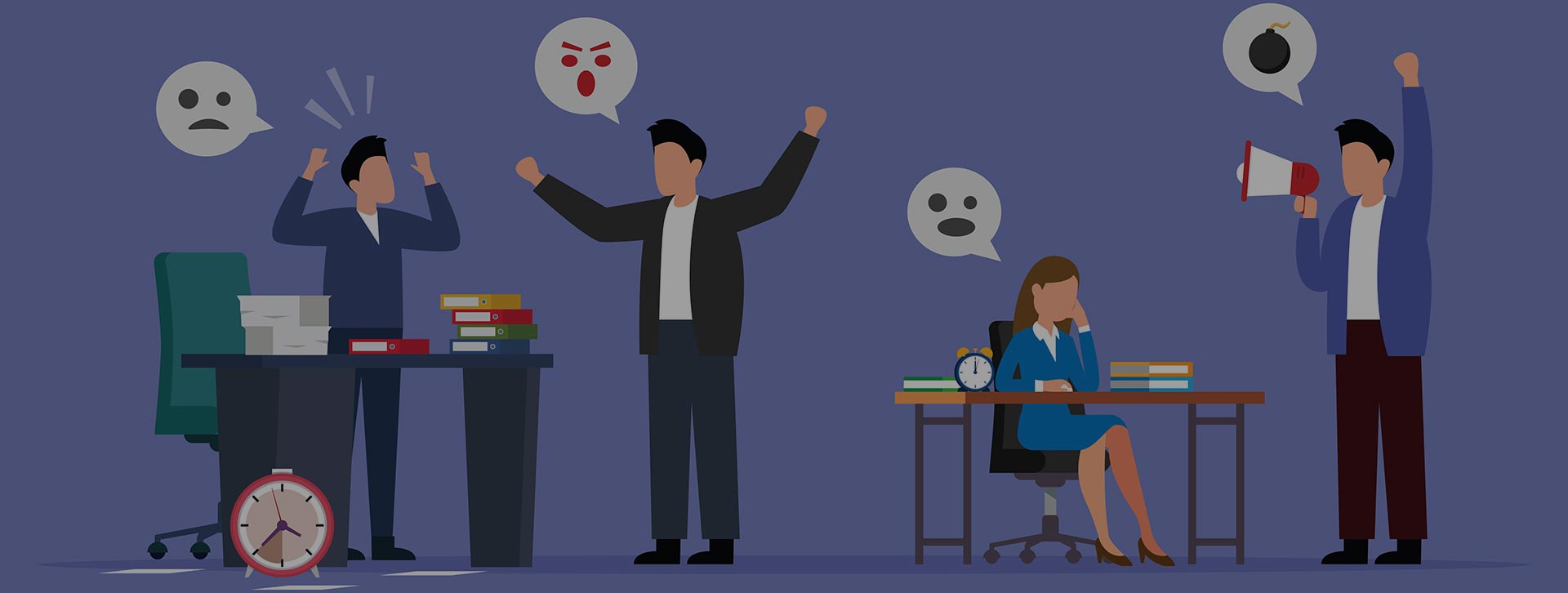In the realm of mental health, the intersectionality of conditions often presents complex challenges.
One such intersection that requires careful examination is the relationship between substance use, addiction, and autism/hypersensitivity. While these topics may seem disparate at first glance, they are intertwined in ways that demand attention and understanding. In this blog post, we will delve into the nuances of this intersection, exploring the unique challenges faced by individuals with autism or hypersensitivity concerning substance use and addiction.
 Blog
Blog








